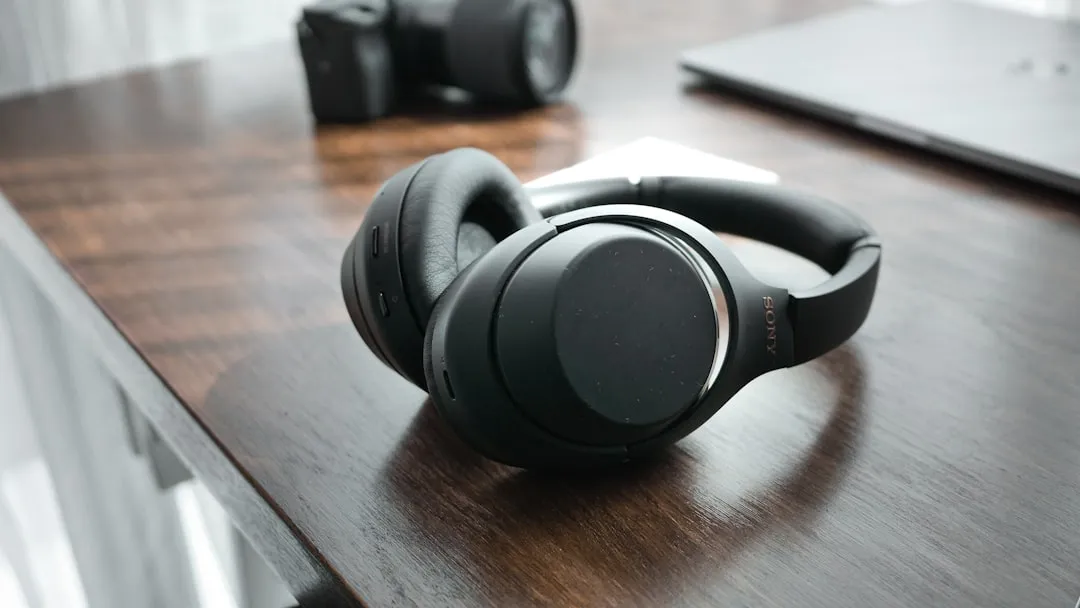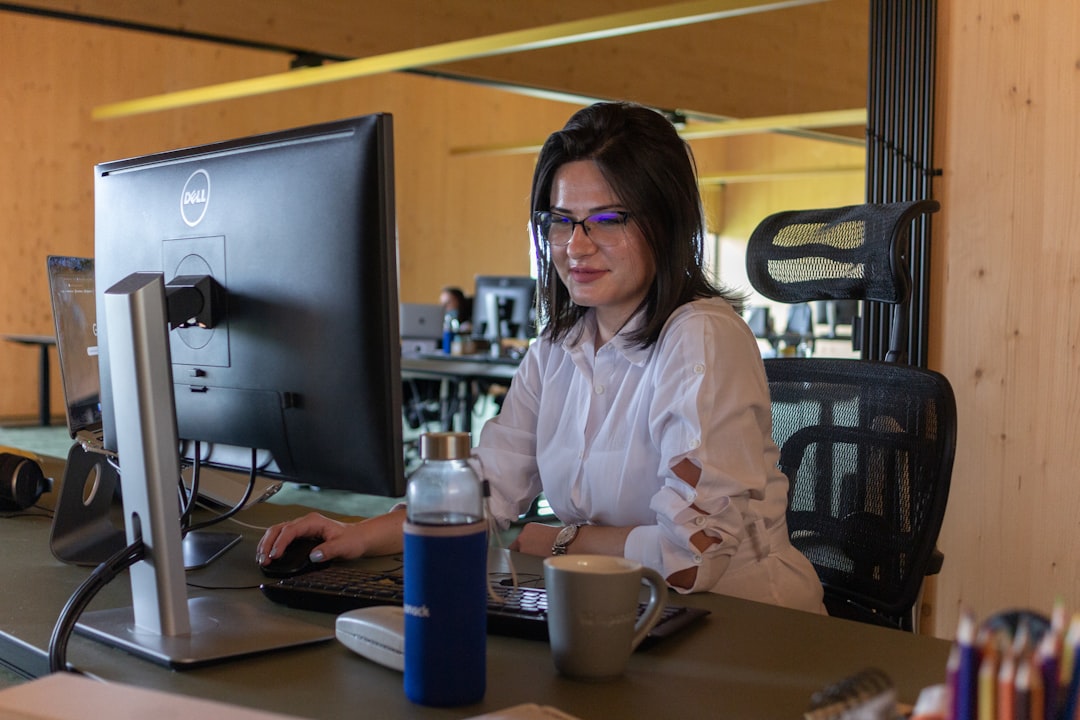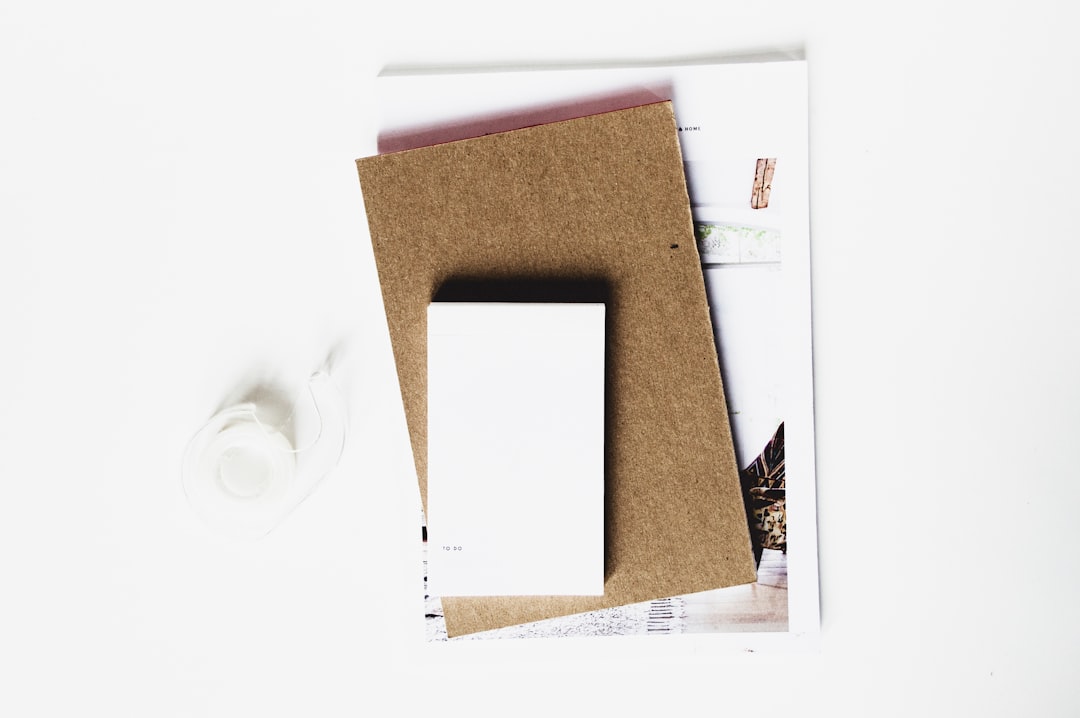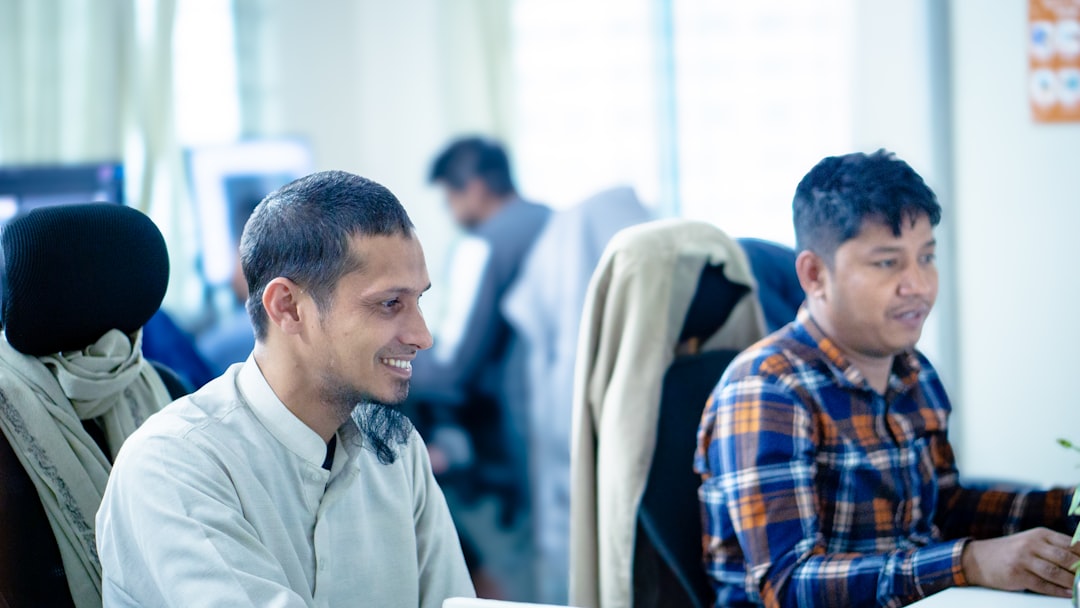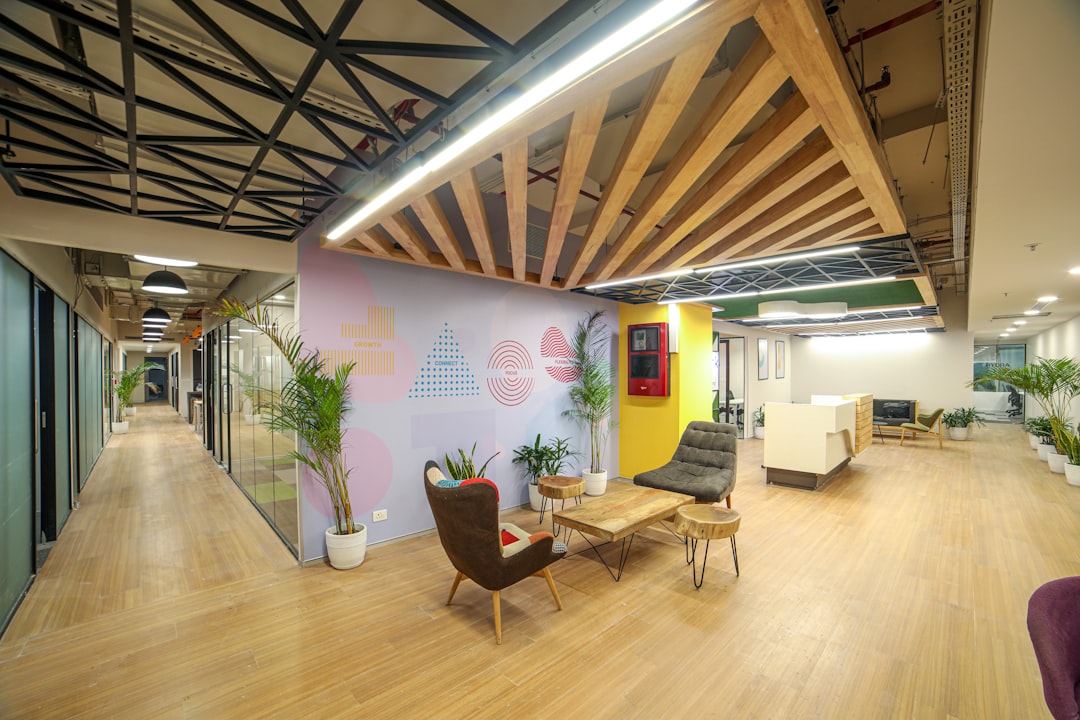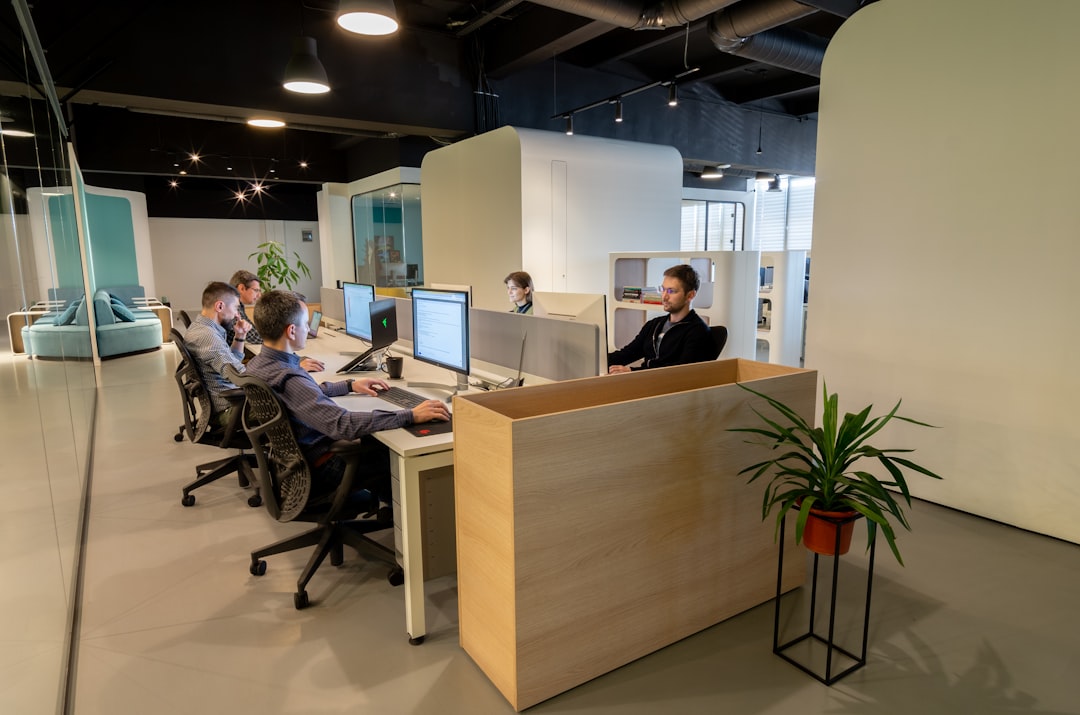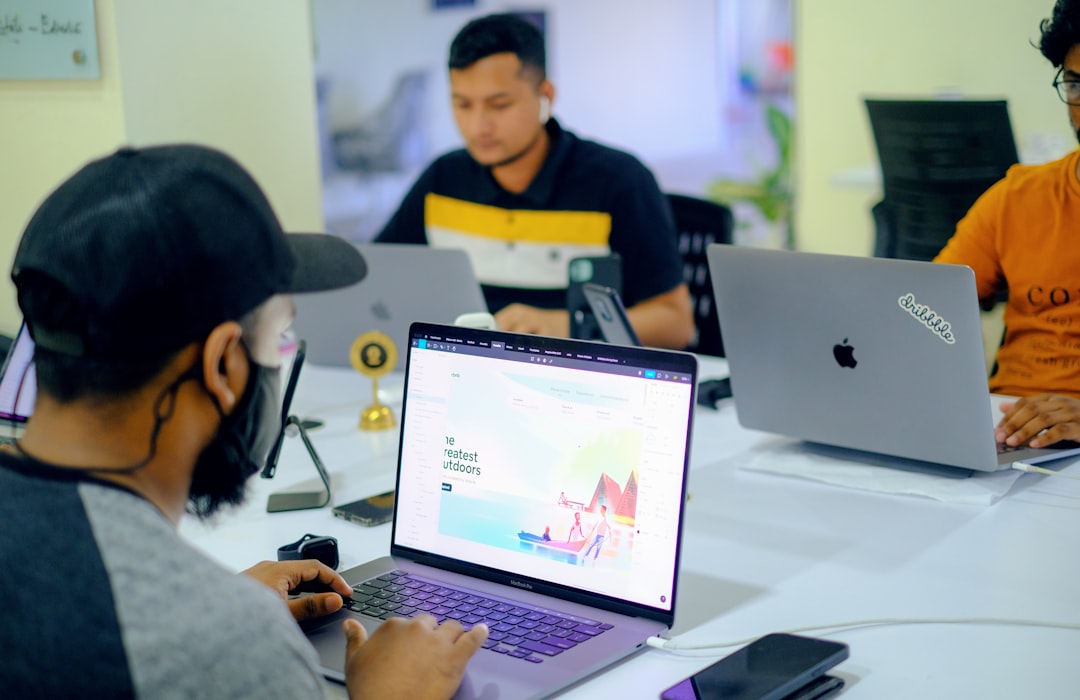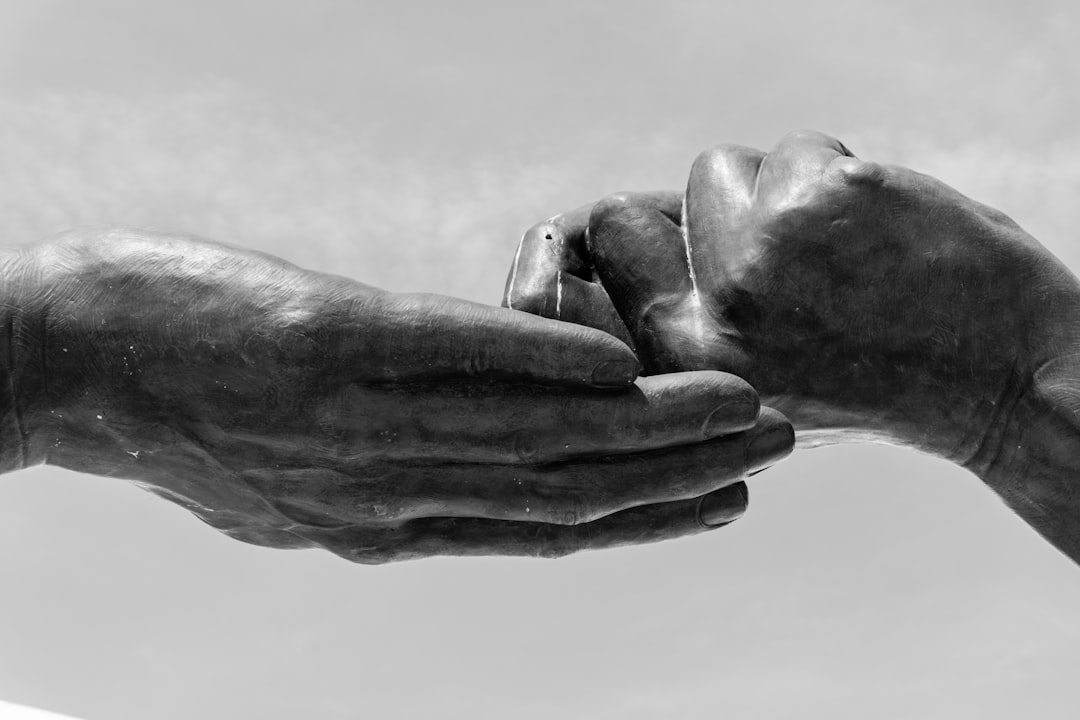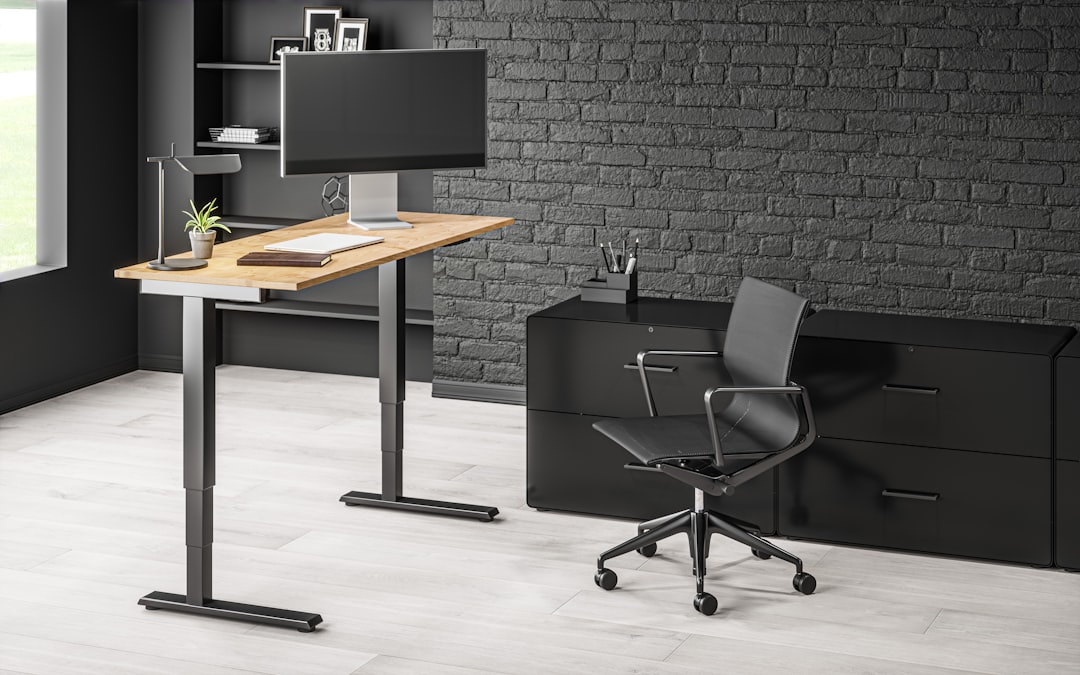So, you’ve made it to the very end of the interview.
(Congrats, you’re almost there…)
Now it’s time to get really serious.
You need to end on a high note – and leave a great lasting impression on your interviewer.
You want them to go home with no doubts whatsoever that you’re the best person for the job, in terms of skills, personality and passion…
And that’s where this blog post comes in. Here are crucial tips from our friends at The Interview Academy on the best ways you can close an interview.
First things first, don’t panic!
Unfortunately, at this point of the interview, people tend to crumble under the pressure.
It’s like they can almost smell freedom and so rush to get through to the finish line.
This often leads to a jumbled display of grateful sentiments, none of which are particularly exciting or impressive. As I said, you’re not out of the woods yet.
You still have time to impress!
So bear that in mind with everything you say and do. And in particular, make sure you…
1. Ask questions.
If you’ve ever attended an interview before, you’ll be familiar with the customary final question:
“Have you got any questions for us?”
To the inexperienced interviewee, this may seem like a simple question, merely asked to bring the interview to polite end.
But for the savvy interviewee, this is the last chance to absolutely blow the interviewer’s mind with some great questions like:
- I noticed that {Company Name} is a local competitor of yours…how do you out-sell them?
- Are there any other aspects of the business that I’ll be asked to get involved in?
- How do you, as a business, nurture a great team environment?
Questions that show you’ve done your research, show you’ve been listening throughout the interview and show that you’re genuinely interested in the role.
So make sure you have something (good) to say – check out this blog to find out more.
Mumbling “no, I think that’s about everything… thanks” won’t leave the lasting impression you want.
It’s just a bit blah. So don’t let yourself down at this point.
2. Confront any issues.
After you’ve asked a few questions and feel like you’ve impressed the interviewer enough to close things off, it’s time to ask what we call the “closer…”
Question: “Do you have any concerns about my ability to do the role?”
This one question itself could seal the deal for you.
I know; it’s pretty scary and counter-intuitive, right?
Why would you want to make the interviewer think about your bad points at this stage of the interview, especially if you feel like you’re doing well?
Are you definitely doing well, though?
Can you be 100% sure that there isn’t a niggling doubt in the interviewer’s mind?
This is your last chance to make sure. There are no second chances.
So it’s definitely worth asking the question.
Now, best case scenario they’ll say “nothing – we think you’re perfect” – at which point you can feel happy and relieved that you’ve done all you can to secure that job.
But if they do mention any concerns, then you need to be prepared to destroy them.
Confront each of them head on, focusing on your ability and passion for learning new skills quickly.
Sell yourself and use this opportunity to show why they really, really should hire you.
So for example: “I understand your concerns. I know I don’t have as much experience in [tool1] as some of the other candidates might, but I’ve spent a lot of time reading up on the basics, I’m a fast learner and my experience in [tool2] is transferable. I love getting to grips with new technology.” “You’re right, I don’t have specific experience selling within your industry, but the clientele base is very similar to that of [Previous Company]. And I firmly believe that a good salesperson can sell to any kind of person – especially if they put in the background work to get to know them.”
It’s a good idea to work your way through the job description prior to the interview to identify any knowledge gaps, so you’re ready to address them when the time comes.
Crushing all of those little quibbles will (hopefully) leave the interviewer with no reason NOT to hire you! And your proactivity will shine through.
Check out this blog – Four Doubts Your Interviewer Has About You – to find out more on this topic.
3. Remind them of your key skills.
Throughout the closing section of your interview, you should take every opportunity you can (without going overboard) to remind your interviewer what you have to offer (your USP).
Continuously bring the conversation back to your strongest points, for example…
“That’s great because as I said earlier, that’s what I do pretty much every day, it’s my strong point.”
“I know what you mean, when I was at [Company Name], we had 14 projects going on at once and it was my job to manage them all, so I’m used to the fast-paced life.”
You want to remind them about what you’ve already mentioned throughout the process – so they’ll go away thinking about the good points.
4. Remind them that you’re passionate about the role.
Your interviewer will be looking out for tell-tale signs that you are genuinely committed to and interested in the role. (And that the interview hasn’t put you off).
So (if you are still interested) be loud and proud…
“The role sounds perfect for me! [Task] is my favourite part of my job at the moment and probably the bit I excel at the most so it would be great to expand my skillset in that area.”
“It all sounds really exciting. I really wanted to join a start-up because it’s such a great opportunity to make a real difference.”
Obviously try not to come across desperate/like a suck-up. Just be naturally passionate.
5. Ask about the next steps.
One way to look keen – without saying “I am keen” – is to ask where the process goes from there.
Asking something along the lines of…
- “So when can I expect to hear a decision?”
- “What are the next steps?”
- “How quickly would you be hoping to get someone in?”
…will make you seem genuinely interested and also fairly proactive.
Plus of course, this is vital information for you! You don’t want to be stuck around waiting, not knowing when or whether you’ll hear from them ever again.
6. Ask if they’d like any more information.
Firstly, this is the polite thing to do.
But it also gives you an opportunity to showcase some of your skills – they might ask for a portfolio of your work or photos of your latest project, your sales figures or case studies you were involved in.
Perhaps they’ll ask about your notice period or your references or maybe they’ll request your educational certificates – whatever it is, it can only help your cause (if you’ve been honest).
Offering these shows that you’ve not got anything to hide and makes you seem more honest and committed.
7. End on a polite note.
Always end on a polite and positive note…
- Thank everyone for their time.
- Shake hands firmly – with everyone who attended the interview.
- Drop them a line after the interview, thanking them again.
Everyone likes to be treated with courtesy so this kind of etiquette will help them to warm to you.
8. Always be closing.
Finally, finish with a great, closing statement.
You want to have the last word – and you want it to be good, so have a think about what will impress your interviewer.
Now, to come up with a great closing statement, you need to combine some of the ideas we’ve talked about earlier in this blog. It needs to…
- Show that you’re interested.
- Reiterate your skills and strengths.
- Remain polite.
And you should also be careful not to be too salesy.
You should also be wary not to be too salesy - you don’t want to say something like “when can I start?” however hilarious you think it sounds.
Here are some examples:
“Thanks for seeing me today. It’s been great to have a chat about the role and it really does seem like exactly what I’m looking for, especially because of my experience in X and Y! I look forward to hearing from you.” “Thanks for taking the time out to see me. I’m aware that my experience isn’t perfect for the job but I do think the skills I learnt as an X and a Y will bridge that gap and put me in good stead because I did a lot of [skill1] and [skill2] at both. I look forward to hearing from you.”
Always be positive – and always be closing.
Summary
The last few minutes of an interview are super-important – never forget that.
Interviewers will expect you to be ready with your own, interesting questions and also that you’ll be able to hold down a conversation, without shooting out of the door eagerly.
Remember to:
- Hold it together (you’re not out of the woods yet).
- Be polite (and not too salesy).
- Keep going back to your skills (and USP).
- Show how interested you are in the position.
This will work brilliantly to round up the interview and leave them with one sure thought:
You ARE the right person for the job!
If you’d like to read more job search tips and careers advice, click here to subscribe to this blog.
CV not working for you?
You’re in luck.
Our friends over at Uptowork have created a brand new “resume” builder that could really help and they’re offering it to all of our readers for free!





